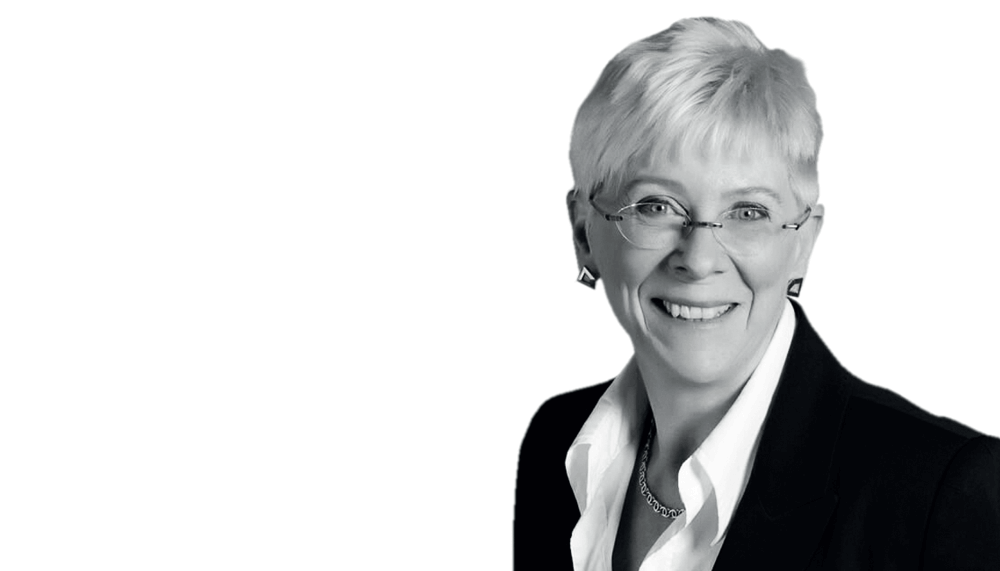
I tell prospective graduate students and postdocs that our work as researchers can be exciting or groundbreaking but that it can equally be routine or even mundane. Sometimes research is frustrating. You may face problems that need to be fixed so you can move on – but the solution may be elusive. If spending days (and nights) scratching your head doesn’t float your boat, research may not be for you. If you love a challenge and the associated problem-solving process, you’re likely to succeed in research and move forward.
But what if you start getting up most mornings not feeling excited about going into work (or, worse, you’re dreading it). You can take that as a very clear sign that something needs to change.
The need for change doesn’t always mean you have to search for a whole new career – you can start with small steps. Perhaps you’re on the wrong project, in the wrong team, in the wrong country… When small steps are not enough, you may have to take a wider look at your life and focus on what you really want.
I tell my students and postdocs to choose projects intentionally, with a clear and logical goal in mind, so that if they decide that they don’t want to stay in academia, they have still developed the right skill set to succeed, regardless of what they might end up doing. Some end up working in academia, some in industry, some leave science altogether. All I care about – and all they should care about – is that they’re doing well and that they’re happy.
As you can probably tell, I think a lot about recognizing the need for change these days – and I suspect I would have made more changes if I’d spent more time thinking in the past. For example, when I was a younger scientist, arguably I should have changed projects faster than I did. Instead, I was stubborn, insisting that I would succeed at what I was doing – but was I happy? A more profound question: if I had done things differently, would I still be who I am today? That I cannot answer, but I do tell those following in my footsteps that the enjoyment they get from their work is essential. And I think that applies to everyone, including ophthalmologists.

